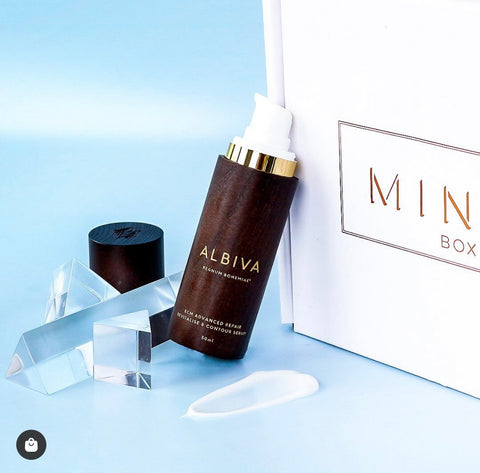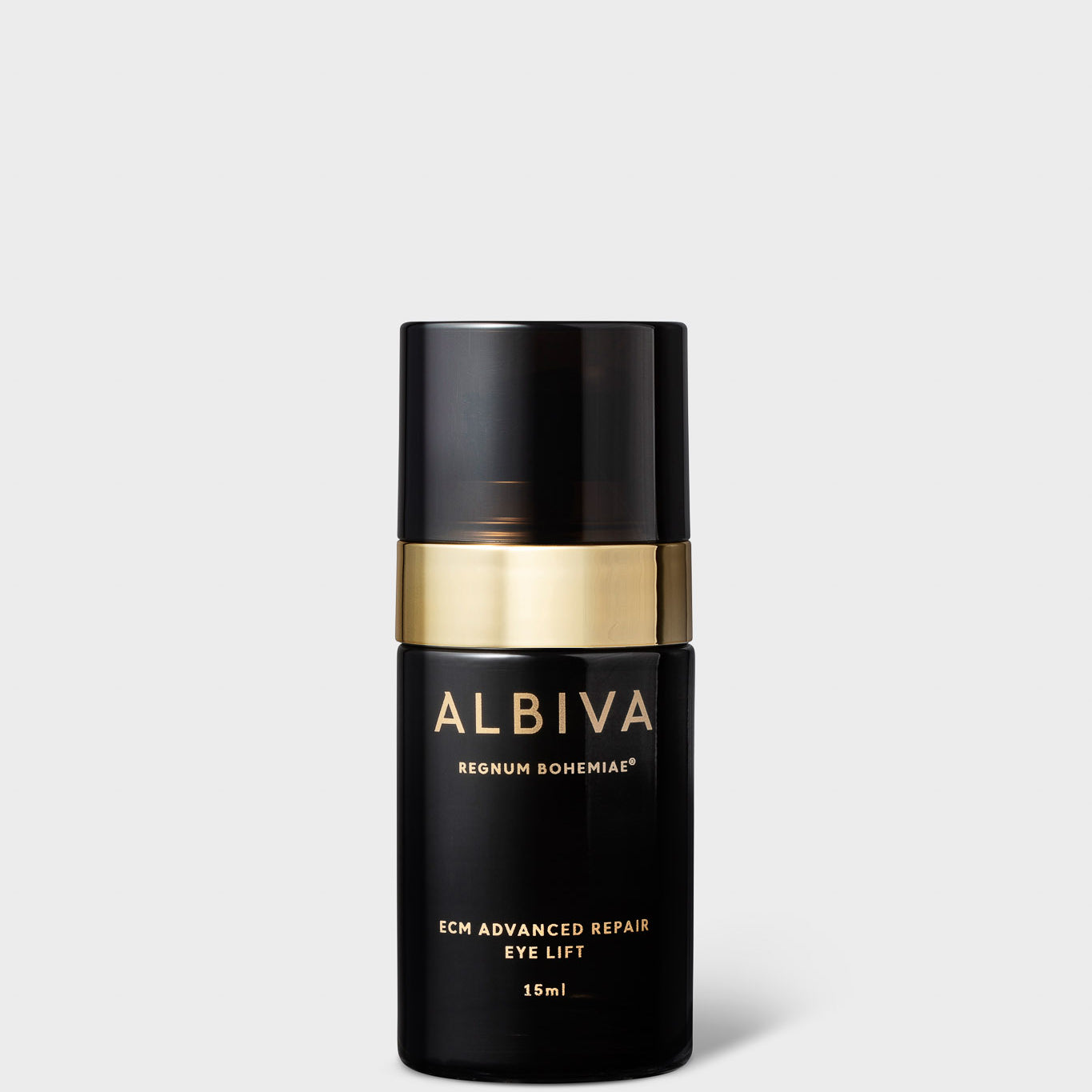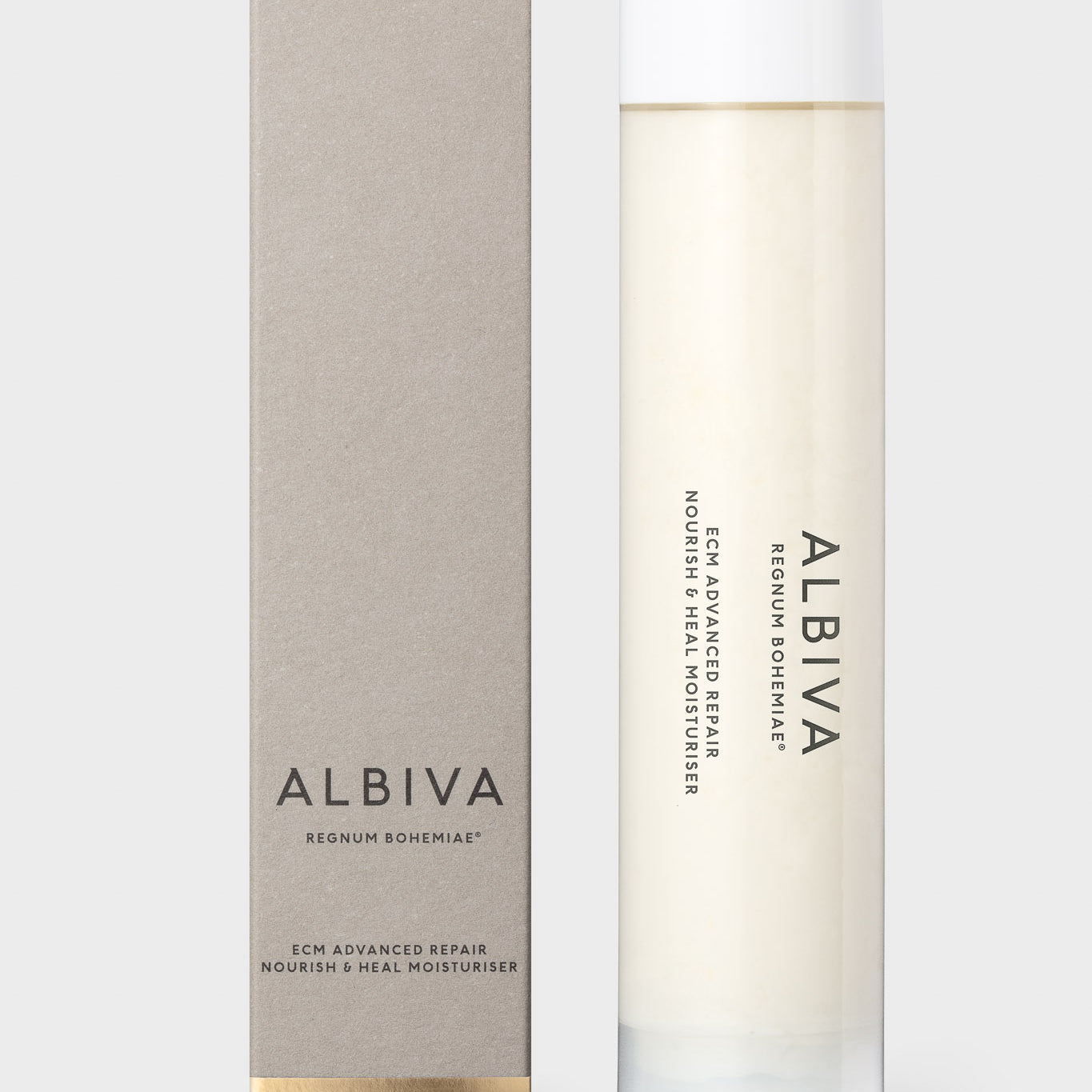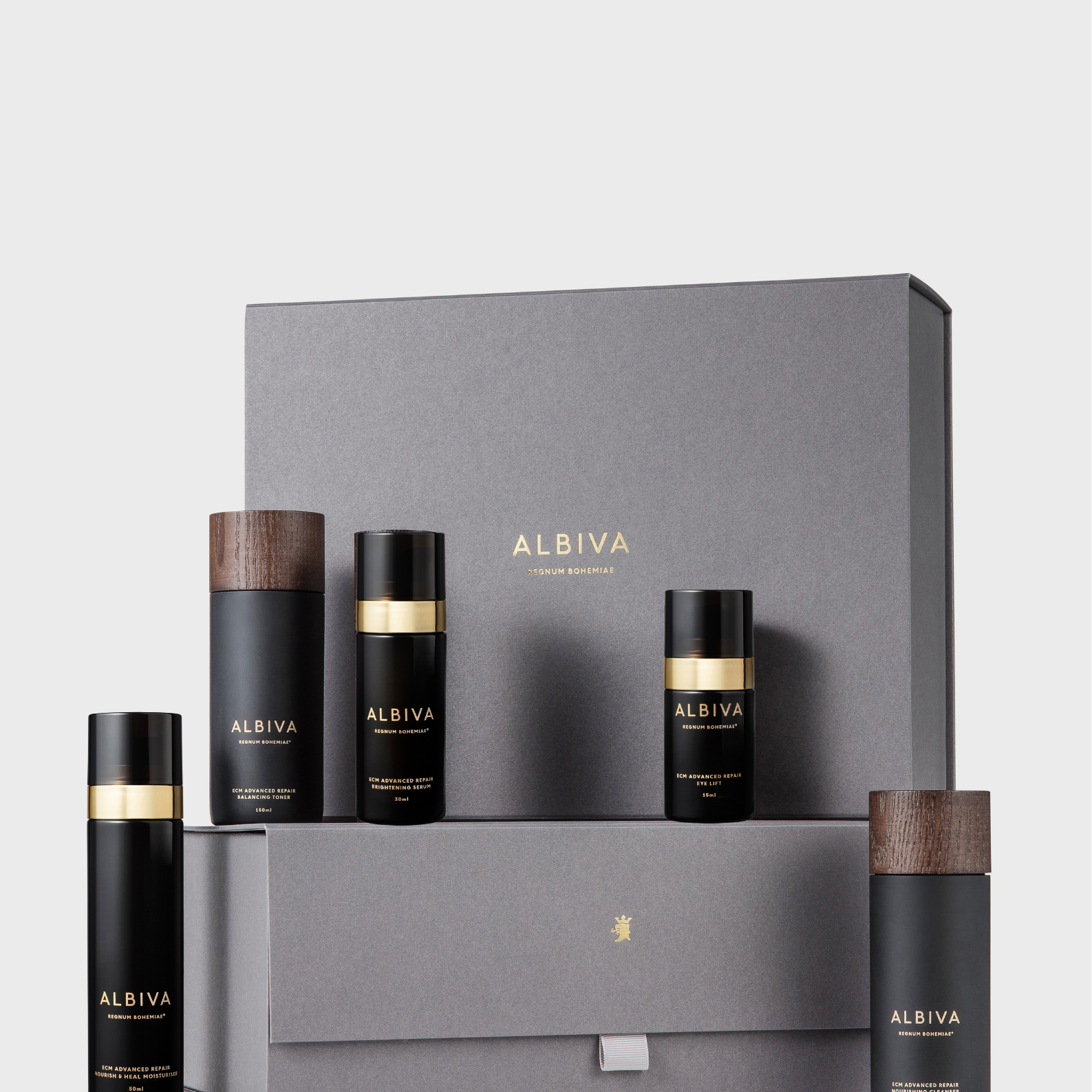ALBIVA’S ULTIMATE GUIDE TO SKIN HYDRATION
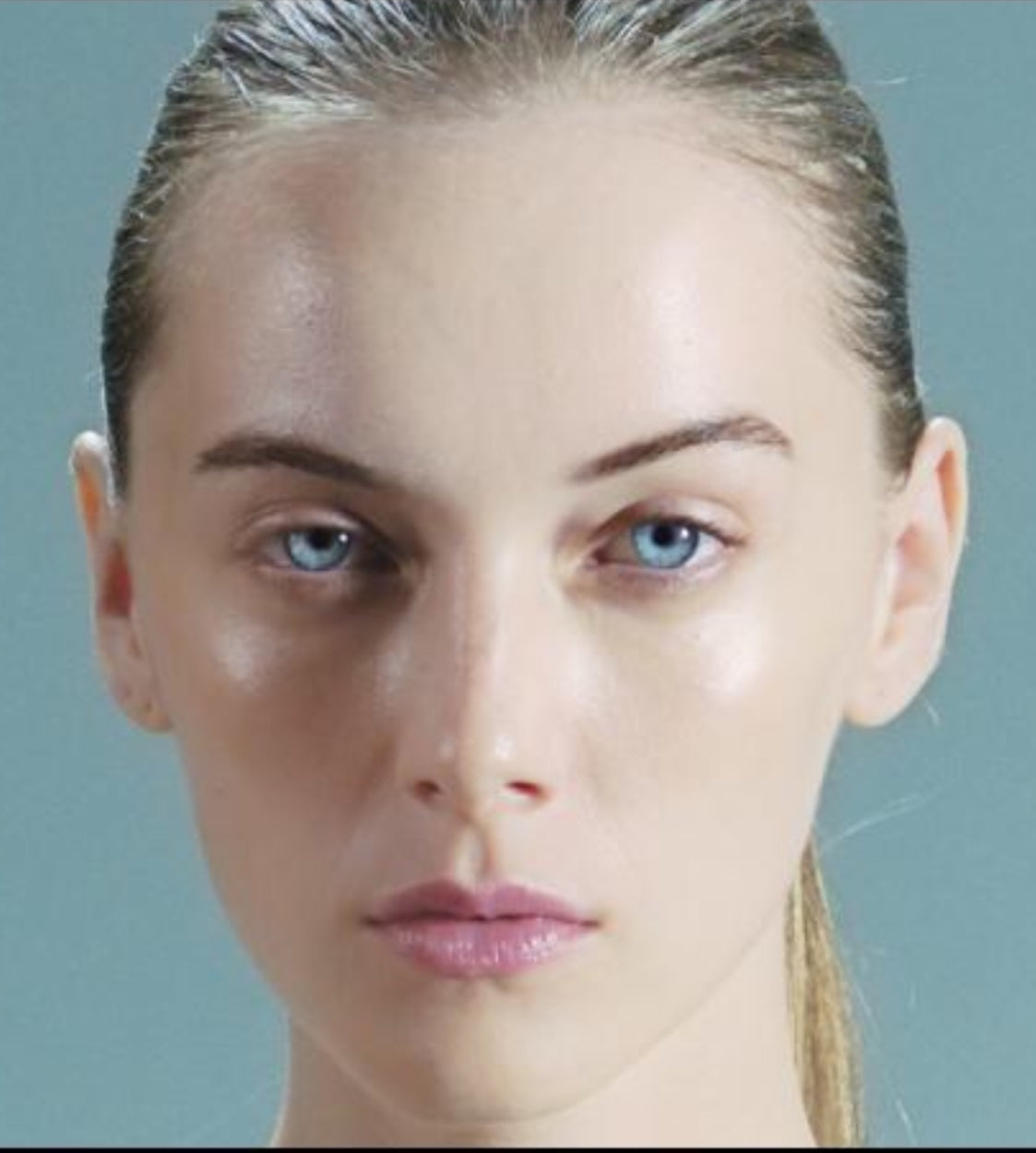
Water is absolutely essential for the normal functioning of the skin. However, drinking an extra glass of water is not enough to hydrate your skin. Equally, slathering on a thick, super rich cream isn’t always the solution when your skin is in dire need of moisture. In recent years, there have been many discoveries regarding the complex mechanisms of skin hydration. We now know that changes in skin’s hydration lead to changes in the molecular arrangement of the peptides in the keratin filaments, as well as dynamics of amino acids of keratin protein within the stratum corneum.
The retention of water in the skin’s uppermost layer is dependent on two major components - the intercellular lipids orderly arranged to form a barrier to transepidermal water loss and the presence of natural hygroscopic agents known as natural moisturizing factor (NMF). NMF consists of amino acids, fatty acids, glycerol, squalene, hyaluronic acid and other compounds that are naturally present in skin and all of which you can find in our products.
These ingredients work with the water in your skin and in the environment to keep hydration levels balanced and to prevent moisture loss, which improves skin in multiple ways. What is required to boost your skin’s hydration levels is formulas that can add and lock in moisture at the same time.
Albiva products’ improved hydration of the stratum corneum is aided by the combined effect of the humectant properties of the hyaluronic acid and glycerol, and the ceramides that "fill" the spaces in the lipid bilayer. Together these improve barrier function, allowing the surface of your skin to appear smoother and younger.
It is also important to distinguish between dry and dehydrated skin. What’s the difference? Our skin is both watery and oily at the same time. Dry skin has a lack of oil, or lipids, whilst dehydrated skin lacks water. You don’t need to have dry skin to have dehydrated skin. Oily and combination skin can be dehydrated as well. Dryness symptoms are flaking, itching, rough texture whilst dehydration symptoms are tightness, redness, dullness, fine lines.
Apart from using hydrating and skin-repairing products that help the skin retain moisture, our top tip is to invest in humidifier for your home to keep the air adequately humid so your skin doesn’t release moisture to the air.
